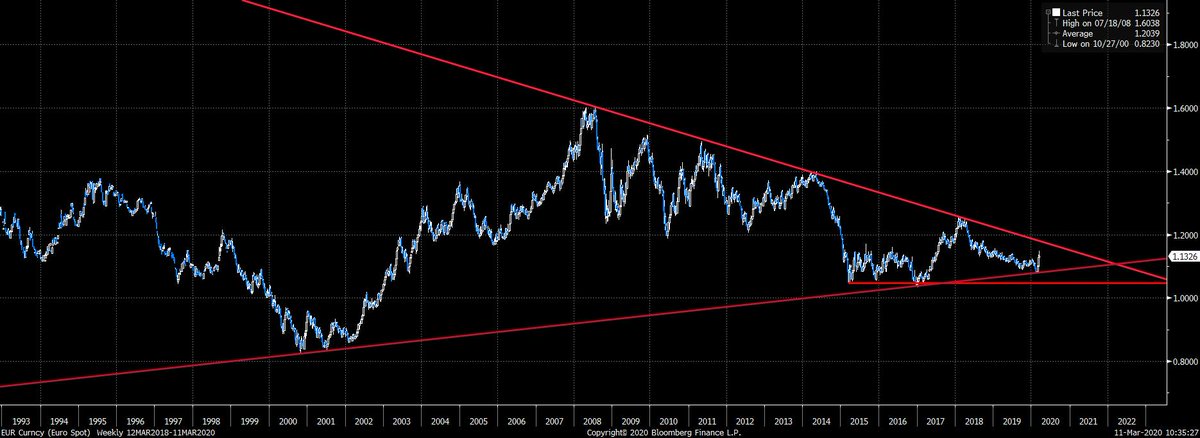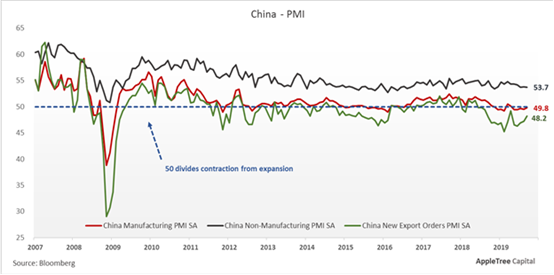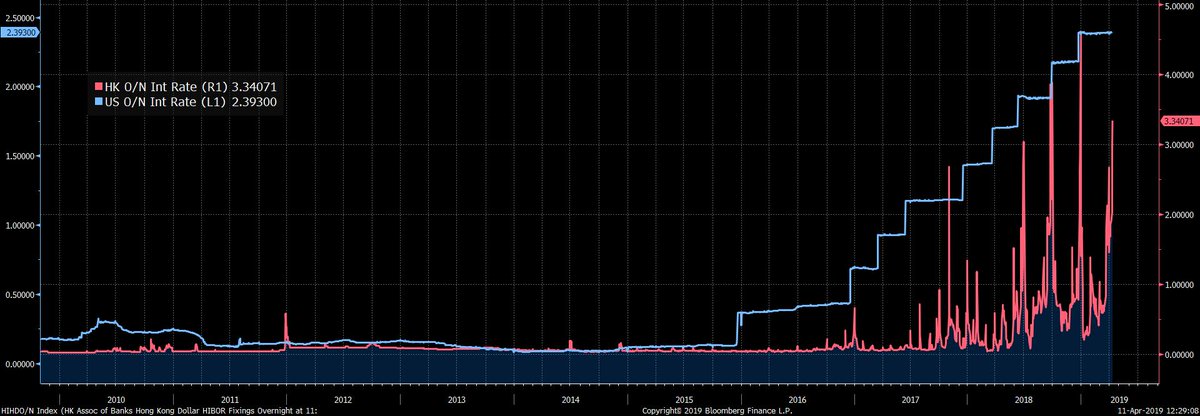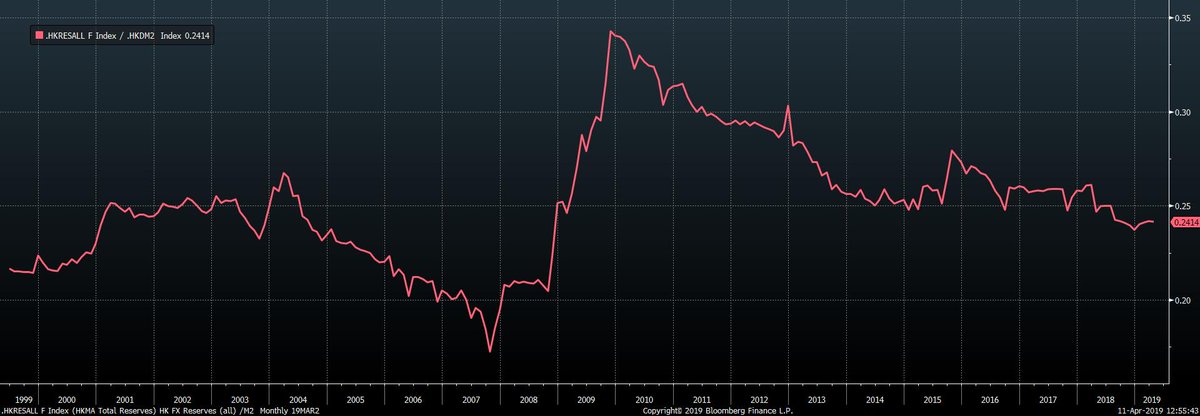ADXY (Asian Dollar Basket) vs. iShares JP Morgan USD Emerging Markets Bond ETF
#the_dollar_wrecking_ball
#the_dollar_wrecking_ball

ADXY (Asian Dollar Basket) vs. HYG - iShares iBoxx High Yield Corporate Bond ETF
#the_dollar_wrecking_ball
#the_dollar_wrecking_ball
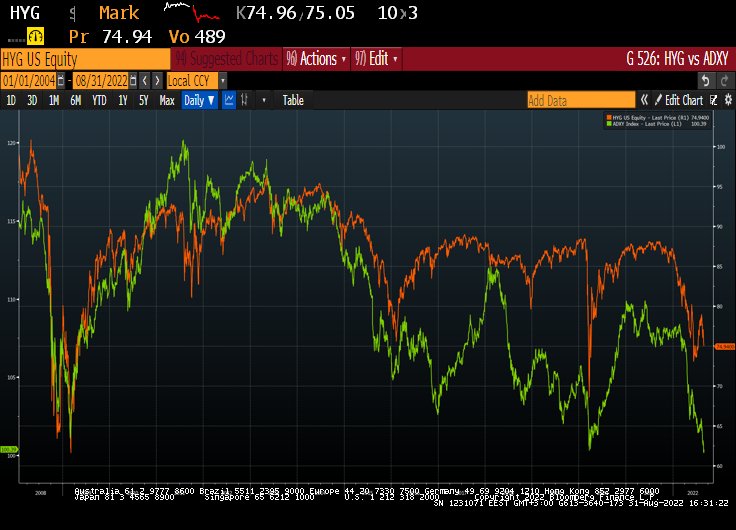
• • •
Missing some Tweet in this thread? You can try to
force a refresh







